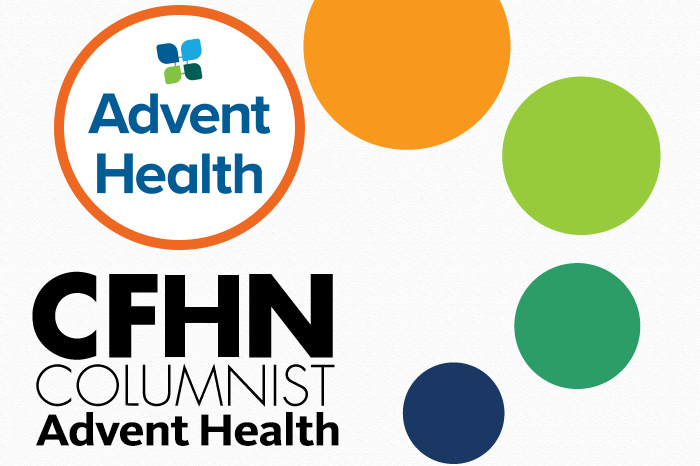
Health News
Features
-
Making senior health a walk in the park
A Q&A with Dr. Manuel Jain on prevention and safety as you age CENTRAL FLORIDA HEALTH NEWS (CFHN): What do you share with your senior patients about the importance of being physically active?
-
Pop quiz on palliative care and when it’s needed
Learn more about when and why a patient might benefit from palliative care GOING THROUGH a serious illness can be difficult, but palliative care is one option that many patients and caregivers find to be a godsend during such a time. While many are not familiar with the term “palliative care,” it’s the kind of…
Columns
-
Understanding Heart Failure With Preserved Ejection Fraction
Last year, I wrote about heart failure. At that time, I had said that about half the patients admitted with congestive heart failure have normal systolic function. This is true. The most common way to express heart function is by measuring ejection fraction (EF). This is the proportion of the amount of blood in the…
-
7 Ways to Save Money on Your Glaucoma Drops
Glaucoma is a group of diseases that affect the optic nerve of the eye. It is the cable that carries the information from the eye to the brain. Any damage to this optic nerve due to high pressures can damage it, resulting in lower vision or vision loss. Therefore, it is essential to treat glaucoma…
-
Stay strong with healthy hips
Expert care can get you there. We all hope to be able to walk, run and dance through life with healthy, natural joints. But when your hips become arthritic and painful, it’s not easy to keep moving like you used to. The good news is that hip replacement has come a long way, with advanced…





